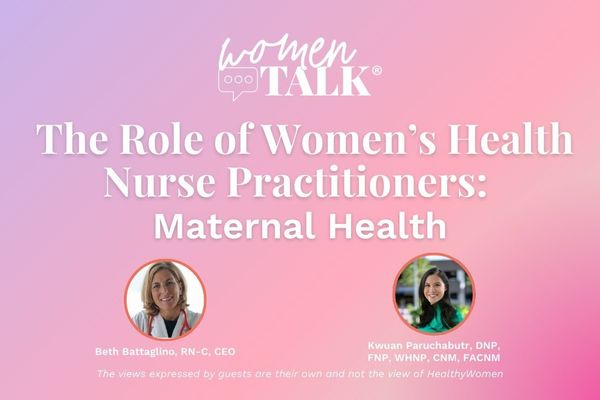The fifth week of pregnancy is exciting because this is when your little one's heart and circulatory system start to form. However, you also may be greeted with the nausea and increased fatigue that some women cope with during the first trimester.
Tip of the week:
You can begin to contribute to your baby's brain health now by getting valuable omega-3 fatty acids in your diet. Research shows that DHA (a type of omega-3 fatty acid) during pregnancy has positive benefits for the baby's brain. You can do this by eating seafood, but avoid fish high in mercury, including canned white or albacore tuna, mackerel, shark, swordfish, tuna steaks and tilefish. You can also take a mercury-free DHA supplement, which can be found in most health food stores and also may accompany some prenatal vitamins as a second daily supplement. Your baby is still pretty small—about the size of a beauty mark. He resembles a small tadpole as the beginnings of a spinal cord develop and form a tail. His umbilical cord has formed, and your placenta is hard at work helping to deliver nutrients and keeping the bad stuff away from his fragile body.
Perhaps you are wondering if you should tell your family and friends the good news. It's important to examine the pros and cons and make this choice with the help of your partner. You may need time to adjust to the news and to discuss options with your partner for your pregnancy and beyond (Keep working? Work part-time? Quit your job?). If you're employed, you may want time to consider how to discuss your pregnancy with your employer.
Plus, the first three months are the most common time for miscarriage. Some women prefer to keep the news quiet until the baby has had time to get settled, while others prefer to share their pregnancy with close friends and family so they'll have support, if needed.
In the meantime, if you haven't already, now is a great time to begin forming habits that will contribute to a healthy pregnancy. This includes regular exercise and getting ample nutrients to support your growing baby. You'll gradually want to work up to 300 more calories a day in your second trimester.
Your diet should ideally consist of whole grains, fruits, vegetables and lean protein. Go light on the saturated fat (for example, red meat and whole-milk dairy products) and aim for as few processed foods as possible. Don't eat raw or undercooked seafood or meats or unpasteurized milk, cheese and juices. For more on nutrition dos and don'ts during pregnancy, click here.
Read more:
Foods That Should Be On Every Pregnant Woman's Shopping List
Tips for Your First Trimester
Medication Safety: What's Safe and What's Not







